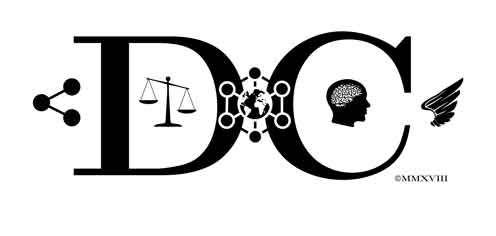

Visit the Journal of Digital Social Research
We introduce the concept of shadow footprints as a means of understanding privacy challenges in the information environment. Growing emphasis on the impact of citizens sharing their personal data goes far beyond the individual, with the increased capacity of algorithms to formulate shadow footprints that inform as much about persons absent from data, as persons present. Data extrapolated from small groups have demonstrated robust utility when applied to larger populations. Individuals who have opted to keep their data private, or who have been unaware that data about their private lives has been extracted from the involvement of their fellow citizens from digital behavioral data, suggest the possibility that informed consent has been circumvented, or not fully investigated. This is increasingly concerning when one considers the potential to impact the body politic through behavioral manipulation drawn from such data. These issues must be considered in the context of ethical and litigious standards to inform robust policy frameworks, legal regulation, and the provision of incentives necessary to provide guidance and civic protections, as well as adherence to good ethical practice.

Commenting on Ziyaad Bhorat’s discussion of despotism, contextualising comments are presented to discuss how unjust social stratifications and beliefs around ownership might be embedded through the deployment of law. I also suggest an additional response to his list of rebellious activities: Art.
Image by Gerd Altmann from Pixabay

This commentary response presents two concepts that may address legal-political issues arising in the civics pillar of digital civics: the history of data and nomos. It suggests that we can draw from the history of data to supplement our understanding of datafication and formulate responses to surveillance capitalism. It then forwards the utility of the ancient concept of nomos as a means of approaching cultural and jurisdictional challenges arising in the infosphere.

Visit Philosophy & Technology
Presenting the challenges that face digital age citizens as philosophical, as opposed to technological, this paper explores the underpinning structure of digital civics through an overview of its four foundational pillars and their informing scholarship. Through this framework and the literature that supports it, a set of five key concepts are identified as a useful guide for developing digital civics initiatives, including policy and educational interventions. In closing, this work urges the further exploration of the conceptual underpinnings of digital civics to improve future formulations of digital civics and digital citizenship endeavours.
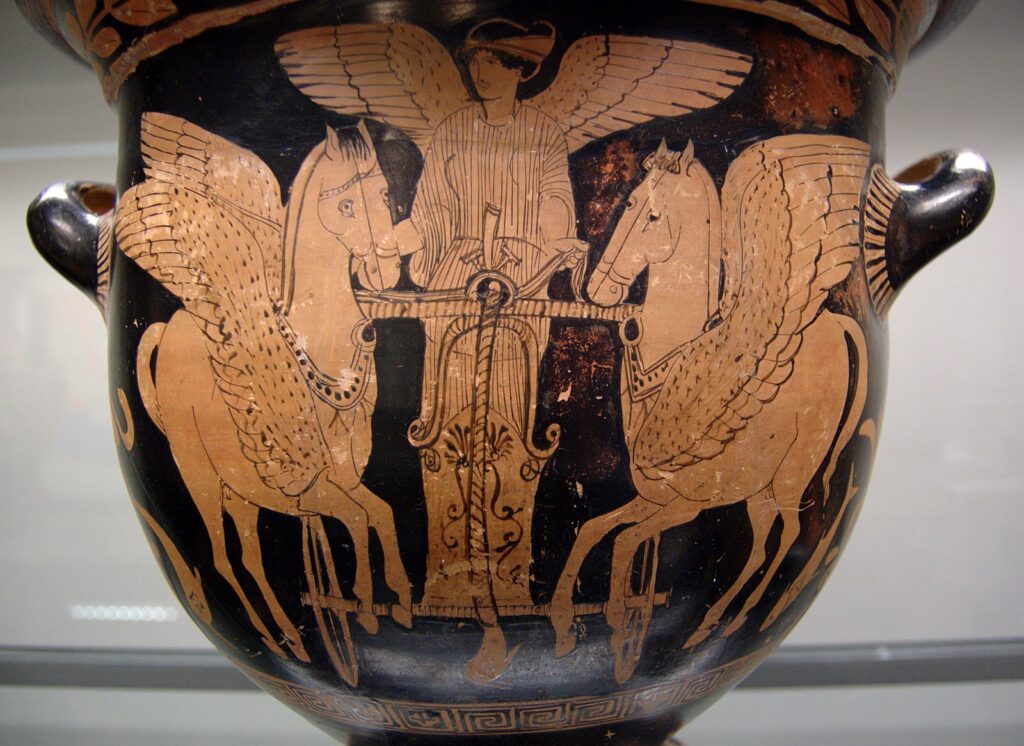
Read Online at Classica Cracoviensia
Explored through a pedagogical lens, Plato’s Theuth and Thamus anecdote reveals an educational intervention designed to examine and apply the teachings of Socrates through a ‘real-world’philosophical conundrum: how to wisely contend with the introduction of new technology. This work suggests that Theuth and Thamus can be viewed as the black and white horses of Plato’s chariot metaphor, and that this chariot driving lesson helps student-philosophers understand the role of wisdom in governing both their personal lives and the state. Serving as an examination, the anecdote draws together the ideas student philosophers have explored throughout the earlier portions of the dialogue.

Read Online at the Journal of Literacy and Technology
Employing Victorian literary resources to teach digital literacy and digital civics, this paper identifies the philosophical and ideological concepts that can aid digital citizens in understanding their world. By developing historical perspectives and foundational understanding of the birth of digital technologies, alongside their traditional literary and historical curricular experiences, learners can develop an important set of literacy, linguistic, and critical analysis tools to serve as critical educational resources for digital civics and ethics. Oscar Wilde’s The Picture of Dorian Gray, as employed by UNESCO City of Literature Dublin’s literacy project, provides the example for this discussion: demonstrating how such literature maintains its relevance, and reminds us that the themes we address in our daily digital interactions are founded on the longstanding experience of the human condition.
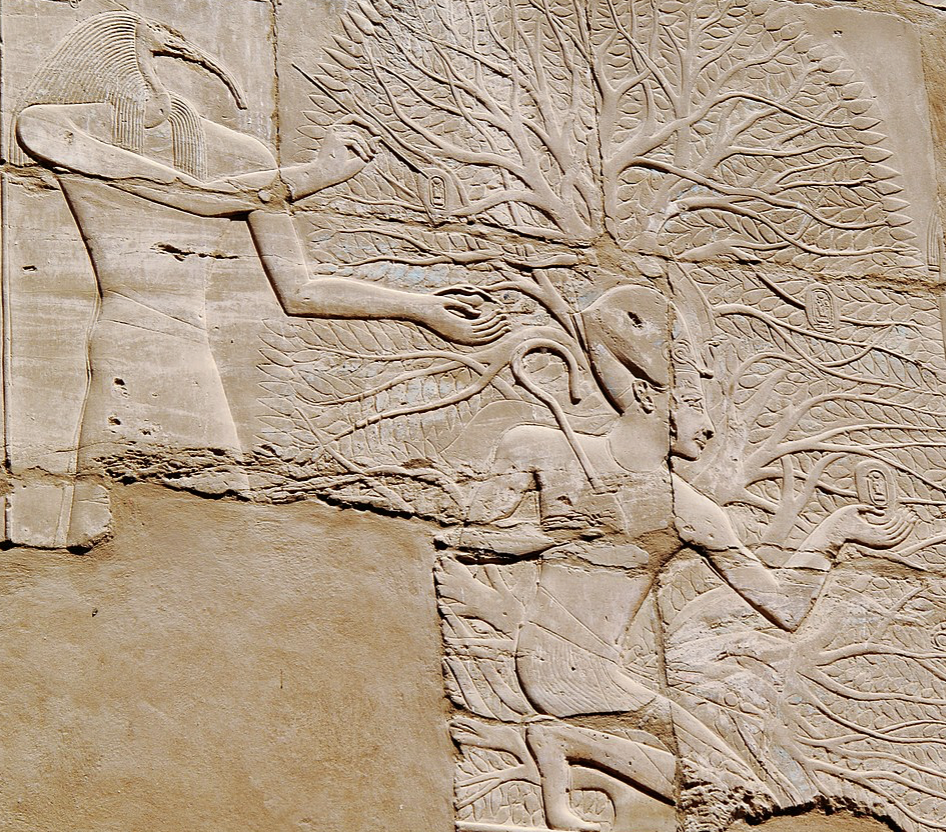
Visit Memory Studies Read Pre-Print (coming soon)
Plato’s story of Theuth and Thamus from the Phaedrus is explored as a means of seeking insight into digital age civic issues. Similar civic challenges in the digital age to those faced by Plato’s contemporaries are observed, including the role of memory in formulating context, its weaponisation, and the misuse of published information. Consideration is given to the potential lessons that can be observed from Plato’s story with the aim of providing understanding of, and approaches to, challenges in digital age civic life through law, technological intervention, and education.
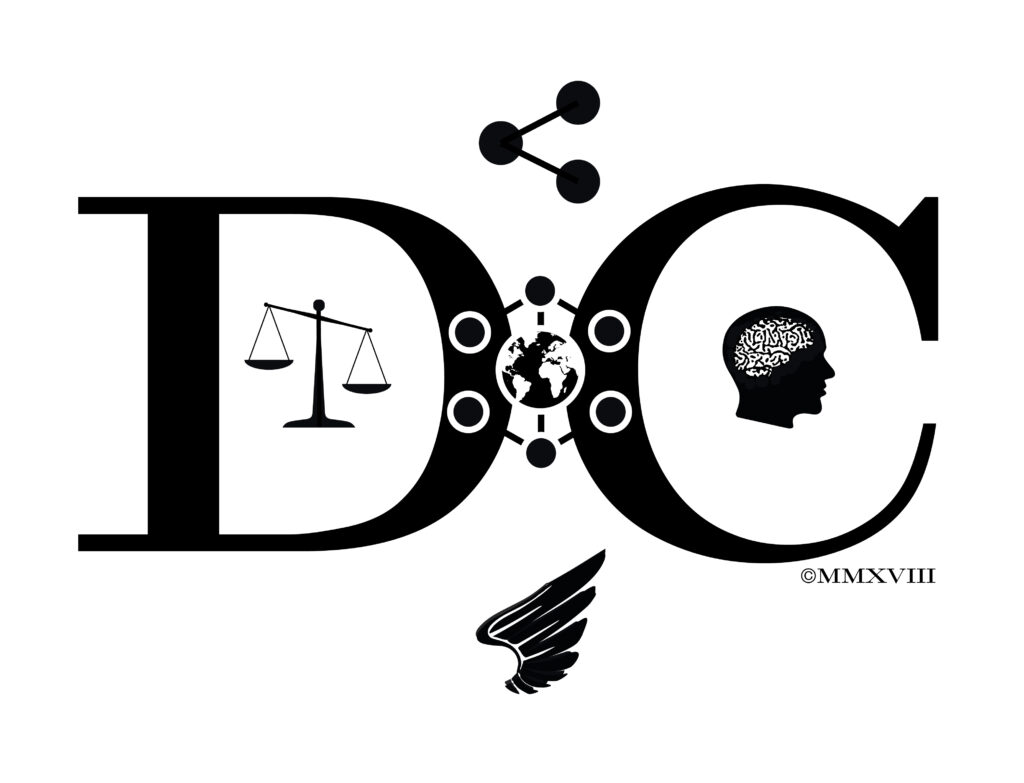
Visit Journal of Documentation Read Pre-Print (coming soon)
The purpose of this paper is to draw on the philosophy of information, specifically the work of Luciano Floridi, to argue that digital civics must fully comprehend the implications of the digital environment, and consequently an informational ontology, to deliver to students an education that will prepare them for full participation as citizens in the infosphere. Introducing this philosophy for use in education, the research discusses the ethical implications of ontological change in the digital age; informational organisms and their interconnectivity; and concepts of agency, both organic and artificial in digitally mediated civic interactions and civic education. With the provision of a structural framework rooted in the philosophy of information, robust mechanisms for civics initiatives can be enacted. The paper allows policy makers and practitioners to formulate healthy responses to digital age challenges in civics and civics education.
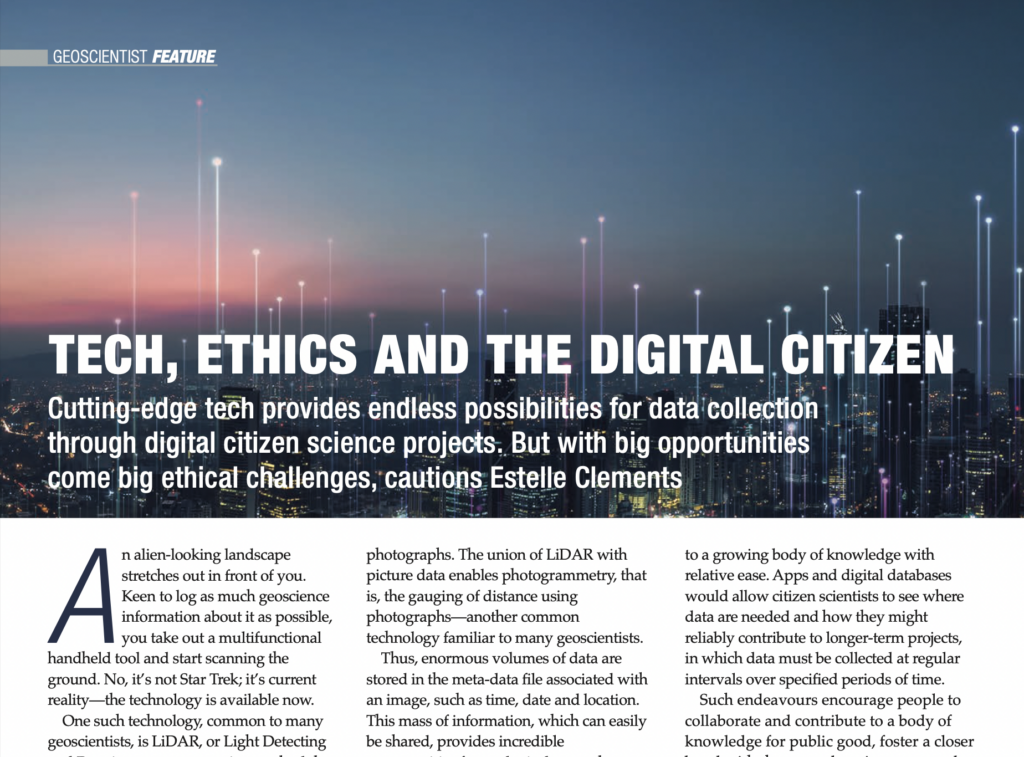
Cutting-edge tech provides endless possibilities for data collection through digital citizen science projects. But with big opportunities come big ethical challenges, cautions Estelle Clements

This thesis argues for the inclusion of digital civics in twenty first century pedagogy. It presents a model for digital civics pedagogy that formulates a theoretical framework around ethical agency in the infosphere and operationalizes that concept through an action-based project designed to foster the development of critical ethical resources. Explored ethnographically, the findings revealed the presence of an organically occurring system of ethics specific to digital interactions, which I have labelled “virtuel ethics”. This formulation of virtuel ethics included the use of systems similar to Platonic virtue ethics; a focus on self-regulation; thematic interest in the concepts of shame and memory; and a hierarchical emphasis on accessing information through the digital level of abstraction over the physical level of abstraction. The research presents digital civics as essential to preparing students for ethically responsible participation as citizens of a digitally convergent society. Such pedagogy will enable educators to proactively engage digital convergence in an educational context. This research draws on the philosophy of information, specifically the work of Luciano Floridi (2007), to argue that digital civics must fully comprehend the implications of the digital environment, and consequently an informational ontology, to deliver to students an education that will prepare them for full participation as citizens in the infosphere. Within this framework the research discusses the ethical implications of ontological change in the digital age and the ability of virtue ethics to respond to these implications as a “critical ethical resource” (Ess, 2010a).

Read Online at Open Book Publishers
“In this chapter, we will suggest ways of implementing digital humanities instruction for students who, as Don Tapscott’s research shows, comfortably “watch […] movies on two-inch screens,” “text incessantly, surf the Web,” “make videos, collaborate” and “have a natural affinity for technology”…”
